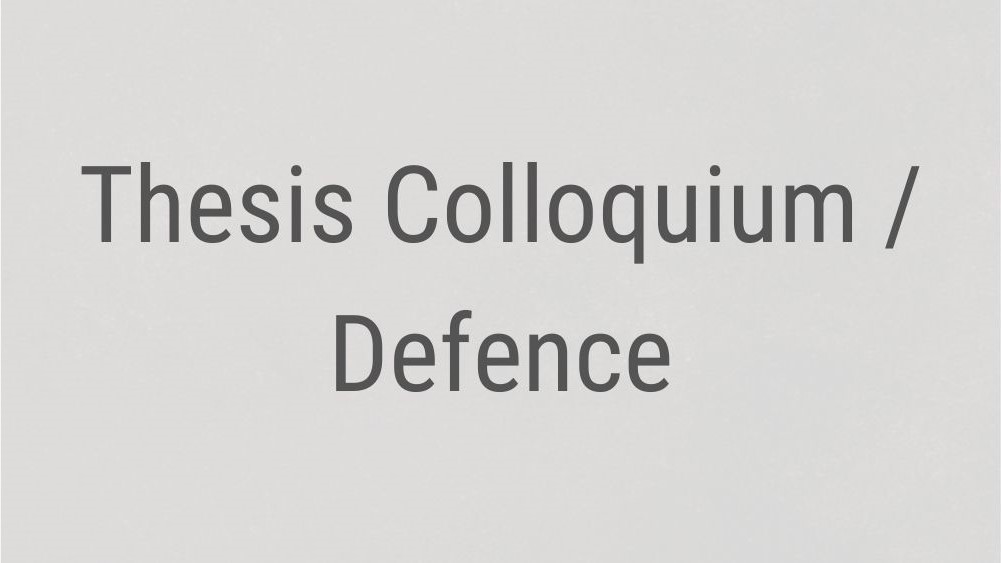
- This event has passed.
[MTech(Res) Colloquium] Sub-mesoscale modeling of woven fabrics using VAM-based geometrically-exact beam model
June 27, 2024 @ 3:30 PM - 4:30 PM

In this work, a sub-mesoscale model of a woven fabric is developed using finite element methods. The yarns are modeled as beam elements that move freely in space and undergo large deformations and rotations. The geometrically-exact beam theory (GEBT) used to model composite beams of arbitrary cross sections is considered to model the yarns. The variational asymptotic method (VAM) offers the advantage of modeling beams of arbitrary cross sections. A surface-to-surface contact model is developed, considering that the contact occurs at a point on the surface. The robustness of the contact model is tested by designing a patch test. The mesoscale model is validated using experimental results of biaxial tests performed on a plain glass weave woven fabric. The biaxial simulation is performed by varying the number of yarns in the mesoscale model to study the behavior of the model and demonstrate a representative volume element (RVE). The yarns are made up of fibers twisted together. An isotropic model is an approximation that works well on the mesoscale, but a more general model is needed to include fiber-level information. Most microscale models use technologically expensive micro-CT scans. There are powerful homogenization techniques, such as variational asymptotic homogenization (VAH), that can be leveraged to develop homogenized properties of the yarn by including fiber-level information. The use of VAH includes more physics into the model with minimal effort. A novel alternative model to a woven fabric is developed using VAM to include microscale information. The tools like cross-sectional analysis, GEBT, and VAH are used to study the behavior of woven fabrics with different coatings. The model can be extended by introducing friction between yarns in the contact. Further, the uncertainty in the input parameters can be quantified by propagating the uncertainty through the system using uncertainty quantification (UQ) techniques.
Speaker: R ADHITHYA